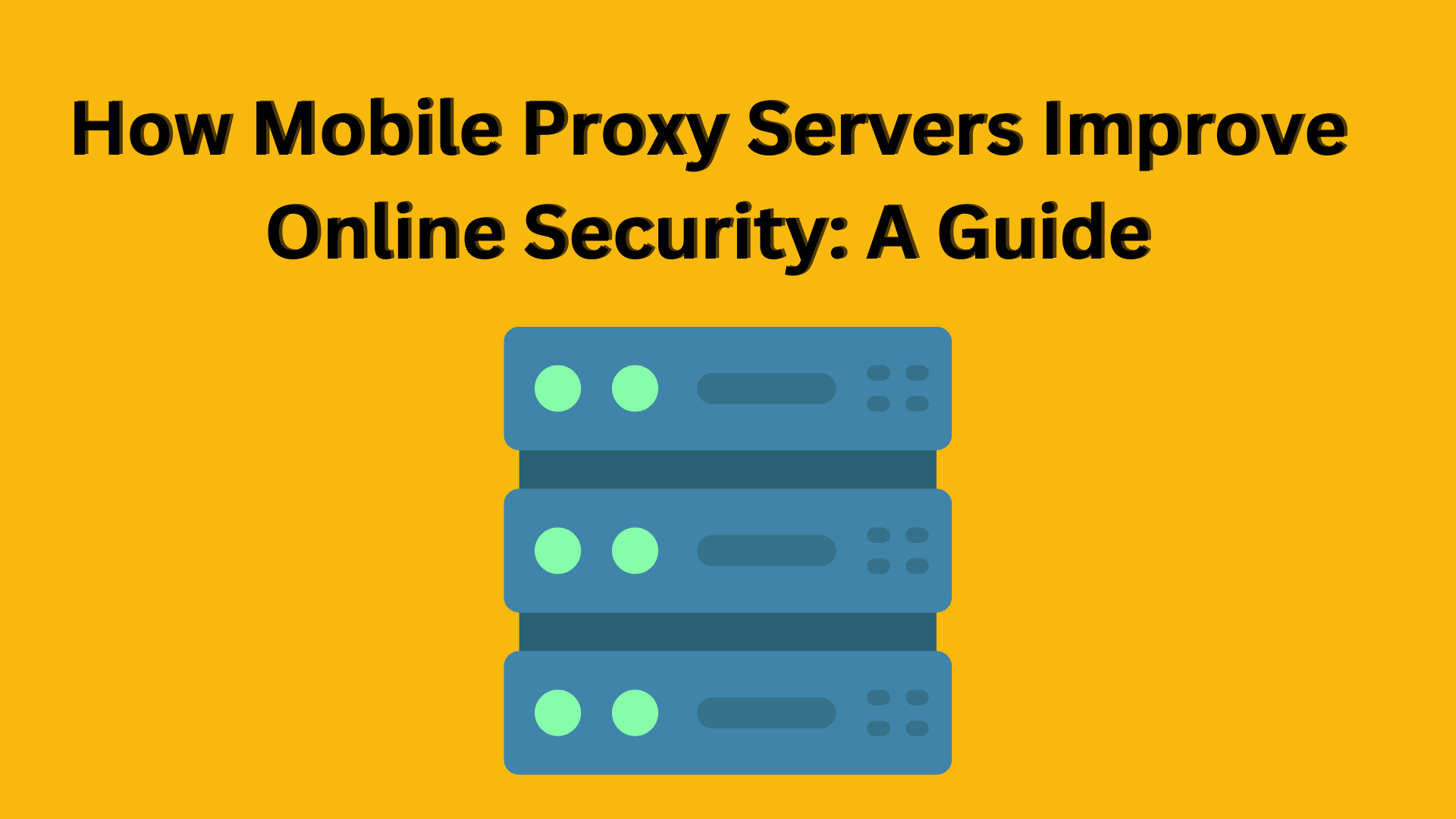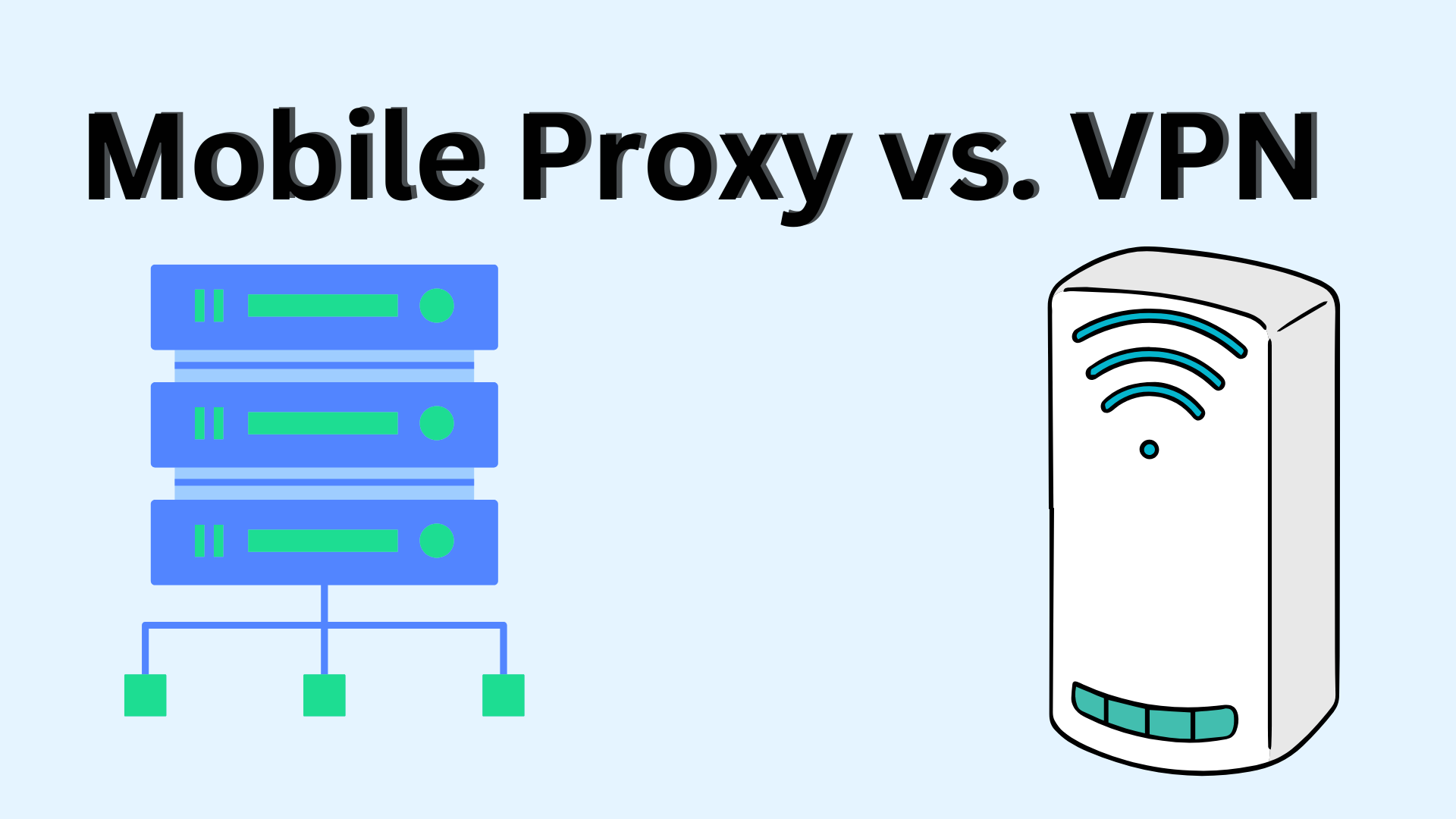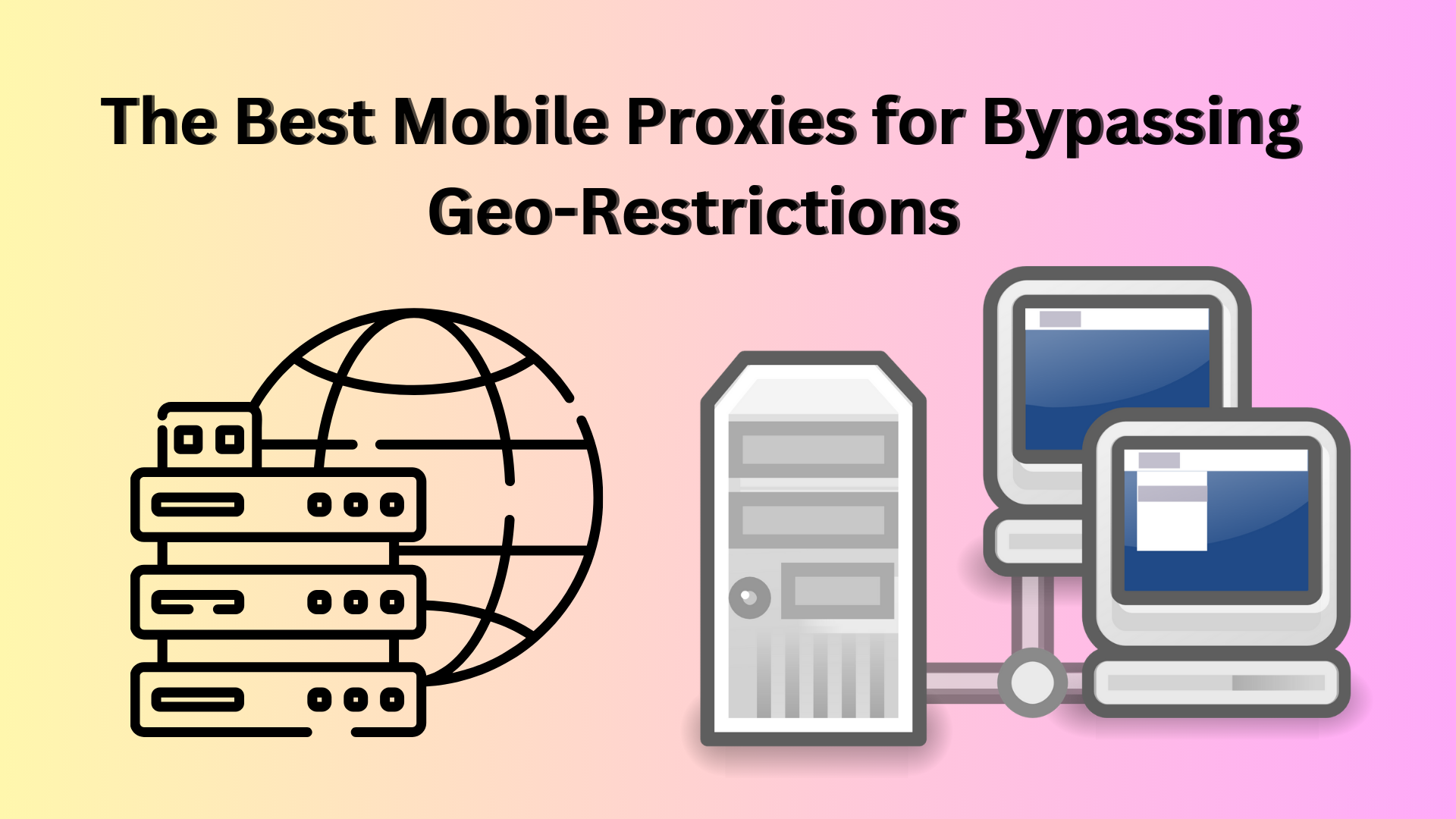Introduction
In an era where digital privacy and security are paramount, mobile proxies have emerged as a popular tool for bypassing geographic restrictions and protecting online identities. However, their usage comes with legal considerations that users must be aware of to avoid potential pitfalls. This article delves into the legal aspects of using mobile proxies, offering insights into compliance, potential risks, and best practices for responsible usage.
1. Understanding Mobile Proxies
What Are Mobile Proxies?
Mobile proxies are servers that route internet traffic through IP addresses assigned by mobile carriers. These proxies use dynamic IPs from mobile devices, which frequently change to mimic real user behavior. This makes them effective for bypassing content restrictions and maintaining privacy.
Why Use Mobile Proxies?
Users opt for mobile proxies to:
- Access Restricted Content: Bypass geographic or network restrictions.
- Enhance Privacy: Mask real IP addresses to protect identity.
- Avoid IP Bans: Prevent bans or throttling by rotating IP addresses.
2. Legal Considerations for Using Mobile Proxies
1. Terms of Service Violations
Understanding Terms and Conditions
Many websites and online services have specific terms of service that prohibit the use of proxies. Violating these terms can lead to account suspension, legal action, or other consequences. Always review and comply with the terms of service for any platform you access through mobile proxies.
Potential Consequences
- Account Suspension: Accounts may be suspended or banned for violating terms.
- Legal Action: In extreme cases, companies may pursue legal action for terms violations.
2. Privacy and Data Protection Laws
Compliance with GDPR
The General Data Protection Regulation (GDPR) governs the handling of personal data in the European Union. When using mobile proxies, ensure that you comply with GDPR requirements, especially if you are handling or processing personal data of EU residents.
Adhering to CCPA
The California Consumer Privacy Act (CCPA) regulates data privacy for residents of California. Ensure compliance with CCPA when using mobile proxies to access or manage data of California residents.
3. Avoiding Fraud and Illegal Activities
Prohibition of Fraudulent Activities
Using mobile proxies for fraudulent activities, such as committing financial fraud or identity theft, is illegal and punishable by law. Ensure that your use of mobile proxies is ethical and legal.
Compliance with Anti-Cybercrime Laws
Adhere to laws that prevent cybercrime and unauthorized access. Using proxies to engage in illegal activities, such as hacking or distributing malware, is a criminal offense.
3. Best Practices for Legal Proxy Usage
1. Choose a Reputable Proxy Provider
Ensure Provider Compliance
Select a proxy provider that adheres to legal standards and practices. Reputable providers should have clear policies on the legal use of their services and offer support for compliance.
Review Provider Policies
Read and understand the provider’s terms of service and privacy policy to ensure you use their services legally and ethically.
2. Use Proxies Responsibly
Adhere to Website Terms
Respect the terms of service of websites and online services you access through proxies. Avoid actions that could be considered violations or misuse.
Avoid Unethical Activities
Ensure that your use of mobile proxies does not involve illegal or unethical activities. Use proxies for legitimate purposes only.
3. Stay Informed About Legal Changes
Monitor Legal Developments
Keep up-to-date with changes in data protection laws and regulations that may affect your use of mobile proxies. Legal landscapes can evolve, and staying informed helps ensure ongoing compliance.
Consult Legal Professionals
If in doubt, consult with legal professionals to understand the implications of using mobile proxies in your specific context. They can provide guidance on compliance and legal risks.
4. Conclusion
Using mobile proxies can offer significant benefits for privacy, security, and access to restricted content. However, it is crucial to be aware of the legal aspects associated with their use. By understanding terms of service, complying with privacy laws, and avoiding illegal activities, users can responsibly leverage mobile proxies while minimizing legal risks. Following best practices and staying informed about legal changes will help ensure that your use of mobile proxies remains within legal boundaries.
FAQs
1. Are mobile proxies legal to use?
Yes, mobile proxies are legal, but their use must comply with the terms of service of websites and online services, as well as relevant data protection laws.
2. What are the risks of violating terms of service with mobile proxies?
Violating terms of service can lead to account suspension, legal action, or other consequences. It is important to review and adhere to the terms of any platform you access through proxies.
3. How can I ensure compliance with data protection laws when using mobile proxies?
Ensure compliance by understanding and following regulations such as GDPR and CCPA, especially if handling personal data of residents in the EU or California.
4. Can mobile proxies be used for illegal activities?
No, using mobile proxies for illegal activities such as fraud or hacking is a criminal offense. Ensure your use of proxies is ethical and legal.
5. What should I do if I’m unsure about the legal implications of using mobile proxies?
Consult with legal professionals to understand the legal implications and ensure that your use of mobile proxies complies with relevant laws and regulations.






Pingback: Mobile Proxies for Market Research: Gaining Competitive Insights